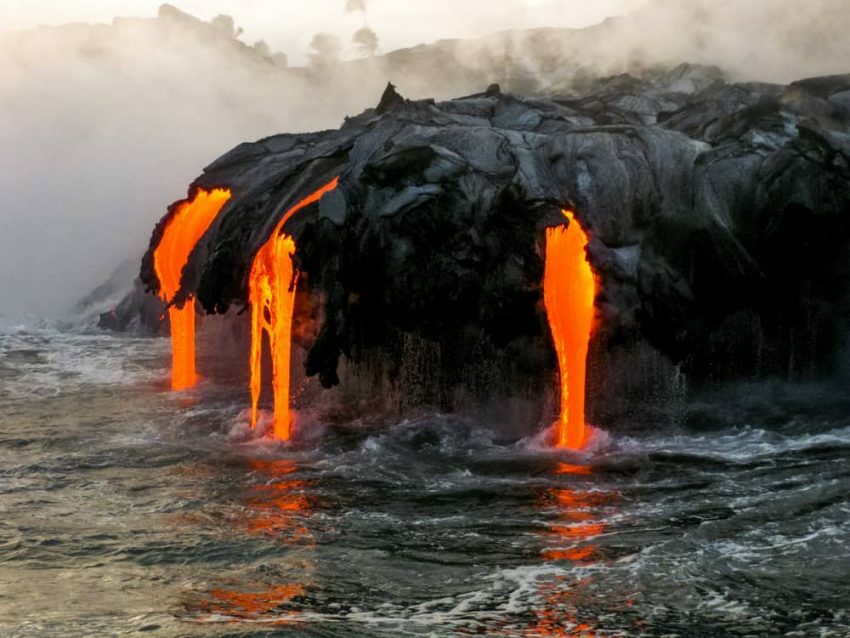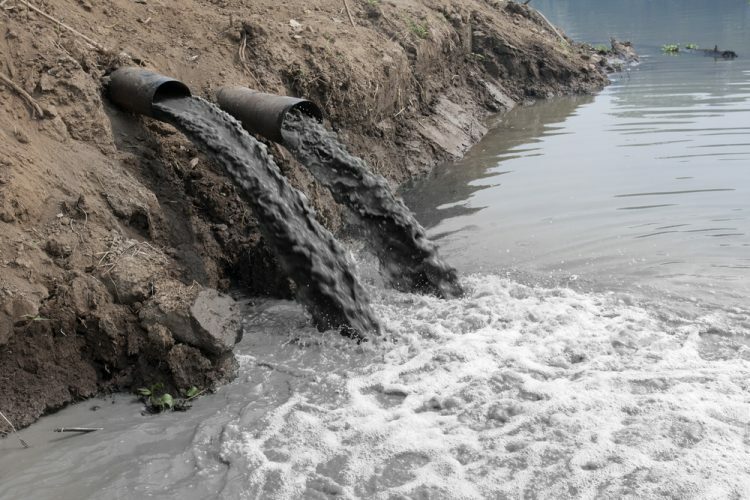Water Pollution: definition, types and examples
Miscellanea / / July 04, 2021
Water contamination
The water contamination occurs when they are dumped into rivers, lakes and seas organic compounds and inorganic that alter the natural composition of the water. This generates harmful consequences for organisms that inhabit it, and puts at risk the use and consumption by living beings of this essential element for their survival.
There are multiple substances that are harmful to the aquatic ecosystem, they reach the water from different sources, for example: maritime automotive transport, oil spills, industrial drains, urban spills.
In most cases, water pollution is caused by human action. However, (although to a lesser extent) there is another type of pollution that is generated by the environment itself. The ashes of a volcano or mercury, are factors of natural pollution.

Pollution produced by human action
Human-produced pollution tends to be concentrated on coasts and surface waters. It is waste that is dumped directly or indirectly. For example: pesticides; inorganic waste such as oil, gasoline, plastics; chemicals such as detergents; organic waste produced by living beings; metals such as nickel, copper, lead and chromium from various industrial activities.
Pollution can occur in a localized way, when material comes through sewers and pipes from industries, oil wells and mines; and from non-point sources when chemical wastes are discharged over large areas of land.
Also the soil contamination produces modifications in the water by contaminating the water stored in the soil and groundwater. In addition, the wastes present in the soils can be carried by irrigation or rain water into rivers and seas.
Consequences of water pollution

Examples of water pollution
- Plastic bottles dumped directly into rivers or seas.
- Chemical waste from factories.
- Bacteria, viruses and parasites that enter the water from organic waste.
- Waste from mining operations.
- Ships spilling oil into the sea.
- Detergents and cleaners used to wash dishes and clothes.
- Pesticides and insecticides.
- Organic waste from sewage.
- Radioactive materials.
- Oils and fats.
- Heavy metals.
- Construction materials
